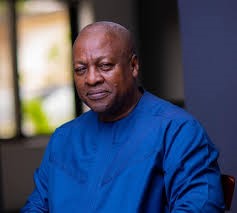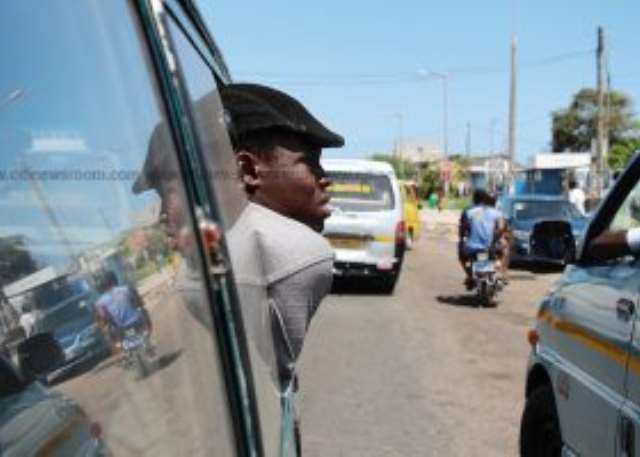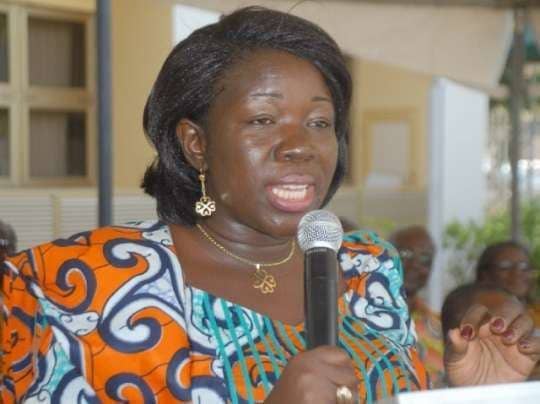Adu Koranteng writes
A wave of public anger is sweeping across the country as news breaks that the government plans to allocate $4 billion of taxpayer funds to launch a controversial 24-hour economy program. With fuel shortages, rising poverty, and inflation crippling ordinary citizens, many Ghanaians are calling the initiative “irresponsible, misplaced, and a potential drain on the nation’s already strained finances.”
The 24-hour economy—touted as a strategy to expand job creation by encouraging round-the-clock production and services—has been met with sharp criticism, not for its concept, but for its timing, cost, and lack of transparency.
“This country is literally on its knees. People can’t feed their families, buy fuel, or get regular electricity, and yet this government wants to throw $4 billion at an untested program?” said a concerned Accra resident who joined a growing list of petitioners.
Wrong Priorities in a Time of Crisis
Ghana’s economy is grappling with widespread hardship. The cedi has lost significant value, fuel prices are at historic highs, and load-shedding continues to paralyze small businesses. Many analysts and ordinary citizens argue that basic infrastructure needed to support a 24-hour economy—stable electricity, security, and efficient transport—is simply not in place.
The petition circulating across constituencies highlights several key objections:
No clear roadmap or budget breakdown has been shared with the public.
Essential services are crumbling, with hospitals underfunded and schools lacking basic resources.
There is growing mistrust over whether the funds will be used effectively or diverted through corruption.
“We are not against innovation,” one petitioner stated. “But innovation without foundation is just waste. And in Ghana’s case, that waste is paid for with the blood and sweat of the average taxpayer.”
Calls for Accountability and Action
The petition demands that the government:
Here’s the petition rewritten in the style of a newspaper article, suitable for publication in a Ghanaian newspaper or online media outlet:
$4 Billion for 24-Hour Economy Sparks Public Outrage Amid Economic Crisis
Accra, Ghana – A wave of public anger is sweeping across the country as news breaks that the government plans to allocate $4 billion of taxpayer funds to launch a controversial 24-hour economy program. With fuel shortages, rising poverty, and inflation crippling ordinary citizens, many Ghanaians are calling the initiative “irresponsible, misplaced, and a potential drain on the nation’s already strained finances.”
The 24-hour economy—touted as a strategy to expand job creation by encouraging round-the-clock production and services—has been met with sharp criticism, not for its concept, but for its timing, cost, and lack of transparency.
“This country is literally on its knees. People can’t feed their families, buy fuel, or get regular electricity, and yet this government wants to throw $4 billion at an untested program?” said a concerned Accra resident who joined a growing list of petitioners.
Wrong Priorities in a Time of Crisis
Ghana’s economy is grappling with widespread hardship. The cedi has lost significant value, fuel prices are at historic highs, and load-shedding continues to paralyze small businesses. Many analysts and ordinary citizens argue that basic infrastructure needed to support a 24-hour economy—stable electricity, security, and efficient transport—is simply not in place.
The petition circulating across constituencies highlights several key objections:
No clear roadmap or budget breakdown has been shared with the public.
Essential services are crumbling, with hospitals underfunded and schools lacking basic resources.
There is growing mistrust over whether the funds will be used effectively or diverted through corruption.
“We are not against innovation,” one petitioner stated. “But innovation without foundation is just waste. And in Ghana’s case, that waste is paid for with the blood and sweat of the average taxpayer.”
Calls for Accountability and Action
The petition demands that the government:
1. Immediately suspend the proposed $4 billion allocation.
2. Publish all policy documents and spending plans related to the initiative.
3. Allow for independent audits and parliamentary scrutiny before any public funds are released.
4. Redirect resources to urgent needs such as healthcare, food security, electricity, and debt relief.
Already, civil society organizations, student unions, and local media houses are picking up the issue, signaling what could become a broader civic movement against the policy.
A Nation Watching
As economic pressures mount, many Ghanaians feel that their government is disconnected from the realities on the ground. With elections on the horizon, this issue could become a major political flashpoint.
“People are not asking for miracles,” a Kumasi trader noted. “They just want their leaders to act wisely with the little money left, and not gamble it on another grand experiment while the country is suffering.”
The petition is currently being submitted to Parliament, the Office of the President, the Ministry of Finance, and oversight bodies including the Auditor-General and Public Accounts Committee.
The big question remains: Will the government listen?
1. Immediately suspend the proposed $4 billion allocation.
2. Publish all policy documents and spending plans related to the initiative.
3. Allow for independent audits and parliamentary scrutiny before any public funds are released.
4. Redirect resources to urgent needs such as healthcare, food security, electricity, and debt relief.
Already, civil society organizations, student unions, and local media houses are picking up the issue, signaling what could become a broader civic movement against the policy.
A Nation Watching
As economic pressures mount, many Ghanaians feel that their government is disconnected from the realities on the ground. With elections on the horizon, this issue could become a major political flashpoint.
“People are not asking for miracles,” a Kumasi trader noted. “They just want their leaders to act wisely with the little money left, and not gamble it on another grand experiment while the country is suffering.”
The petition is currently being submitted to Parliament, the Office of the President, the Ministry of Finance, and oversight bodies including the Auditor-General and Public Accounts Committee.



